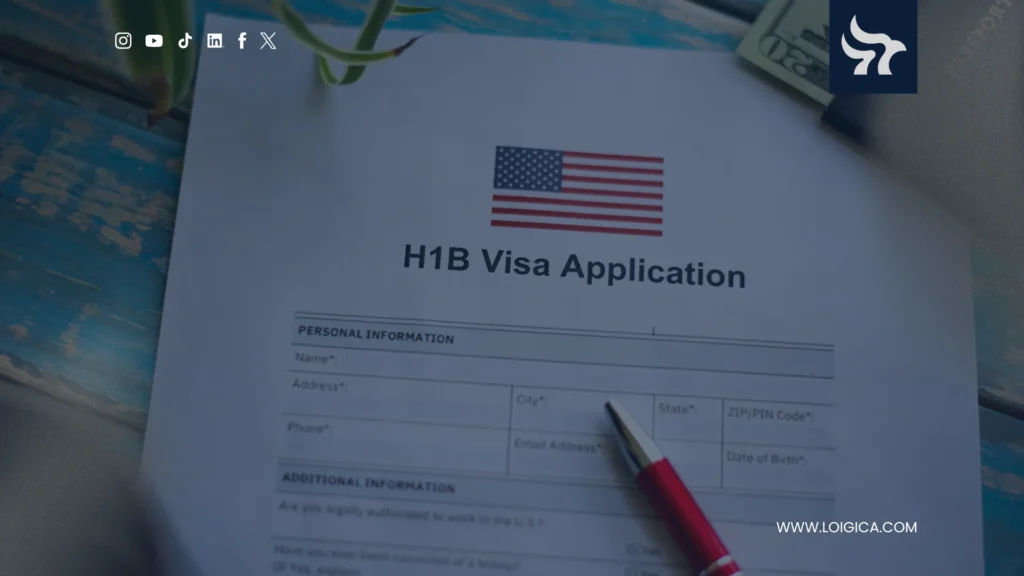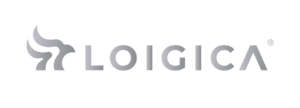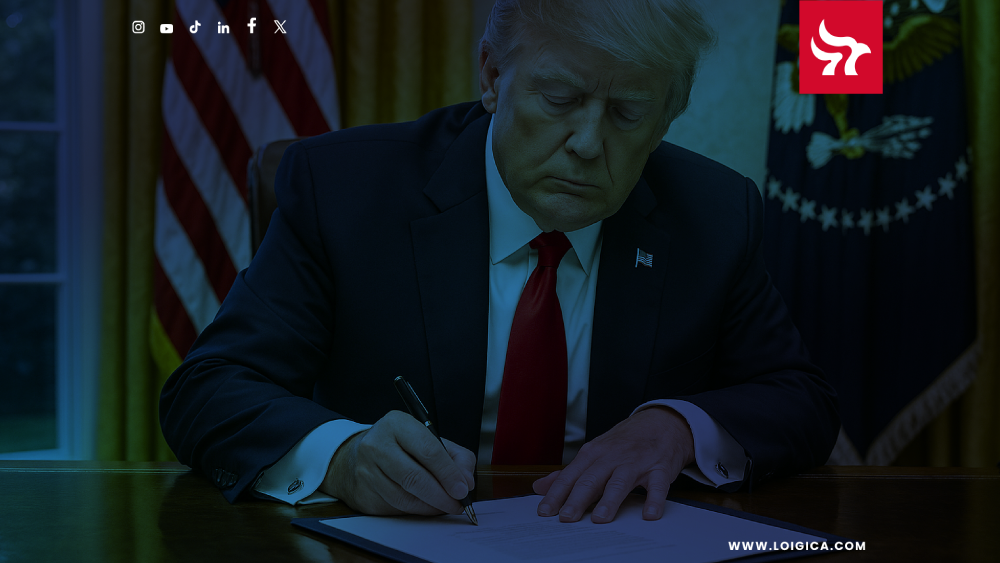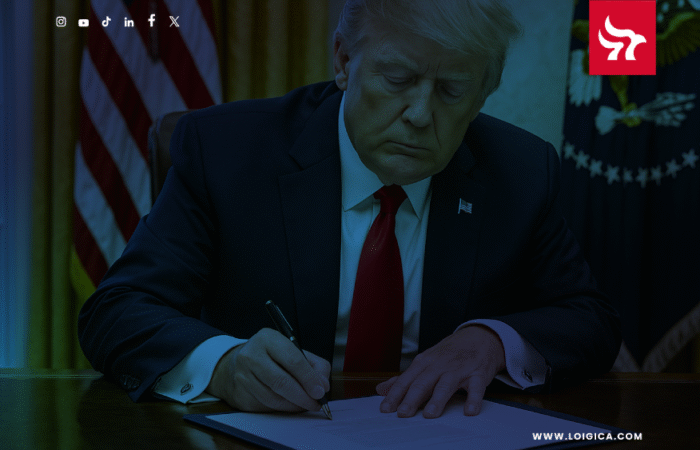On September 19, 2025, President Trump signed a proclamation that has already shaken the foundations of the H-1B visa program. The order, titled “Restriction on Entry of Certain Nonimmigrant Workers”, states that beginning at 12:01 a.m. EDT on September 21, 2025, H-1B workers outside of the United States will not be allowed to reenter the country unless their employers pay a $100,000 fee to the federal government. The measure will remain in effect for one year, though the administration has reserved the right to extend it further (White House Proclamation).
This proclamation does not immediately affect H-1B workers who are already inside the United States, but it introduces serious risks for anyone who leaves. Under the new rule, an H-1B worker who departs the U.S. after the effective date may be barred from returning unless their employer pays the new fee. For employers, this means that petitions for H-1B workers outside the U.S. will no longer be adjudicated unless proof of payment accompanies the filing (AILA Practice Alert).
The American Immigration Lawyers Association (AILA) responded almost immediately, warning that this measure transforms the H-1B program into a “pay-to-play” system. According to Jeff Joseph, AILA’s president, the $100,000 fee will effectively shut out teachers, nonprofit organizations, researchers, rural doctors, and other professionals who cannot afford such an enormous cost. In his words, “rather than working with Congress to strengthen and revitalize this critical high-skilled worker program, the President has overstepped his executive authority on a proposal that will undermine innovation and prevent businesses both large and small from accessing the talent they need” (AILA Press Release).
Beyond the immediate legal implications, the economic and social impact of this proclamation could be profound. For decades, the H-1B program has served as a bridge between U.S. employers and global talent, especially in critical STEM fields. Government data shows that between 2000 and 2019, the number of foreign STEM workers in the United States more than doubled, growing from 1.2 million to almost 2.5 million, while overall STEM employment rose by only 44.5 percent during that same period. In computer and mathematics occupations, the foreign share of the workforce jumped from 17.7 percent in 2000 to 26.1 percent in 2019, largely facilitated by H-1B visas (White House proclamation data).
The administration justifies the new restriction by pointing to abuses in the system, particularly by large IT outsourcing firms that have replaced American workers with lower-paid H-1B employees. In some cases, reports indicate that American employees were required to train their foreign replacements and sign nondisclosure agreements as a condition of severance. However, AILA and other immigration advocates argue that this narrative overlooks the vital role H-1B professionals play in driving U.S. innovation, filling workforce gaps, and supporting essential services such as healthcare in underserved communities.
What does this mean in practice for H-1B workers and employers? According to AILA’s guidance, those currently abroad should make immediate arrangements to reenter the United States before the proclamation takes effect. Those inside the U.S. should avoid all international travel until the government clarifies how implementation will proceed. Employers must urgently reassess their workforce plans and pending petitions to avoid costly disruptions.
The proclamation also signals further changes ahead. It directs the Department of Labor to initiate rulemaking to raise prevailing wage levels, and it instructs the Department of Homeland Security to prioritize the admission of higher-paid, higher-skilled workers. This could mark the beginning of a broader restructuring of employment-based immigration policies, shifting the U.S. immigration system toward exclusivity and away from accessibility.
Critics warn that the consequences could be severe. By effectively closing the door to professionals who cannot meet the new financial threshold, the U.S. risks losing not only global competitiveness in science and technology but also essential services in education, healthcare, and research. As Benjamin Johnson, AILA’s Executive Director, put it, these announcements “send a signal to the world’s top talent that the United States is closing its doors. If we push this talent away, America will lose—jobs will be lost, innovation will slow, and we will forfeit our competitive edge” (AILA Statement).
At LOIGICA®, we recognize the uncertainty and urgency this sudden policy shift creates. Our attorneys are actively monitoring developments and are prepared to advise both individuals and companies on the safest strategies moving forward. For H-1B workers, the message is clear: if you are outside the United States, return immediately before the effective date. If you are inside the country, avoid international travel until there is greater clarity. For employers, the priority is to evaluate all pending and upcoming H-1B cases, anticipate the financial implications of the new requirement, and secure compliance to protect your workforce.
The H-1B program has always been a cornerstone of America’s ability to attract global talent. This proclamation represents a turning point that could redefine the future of high-skilled immigration in the United States. While legal challenges are likely to follow, the immediate reality is one of disruption and uncertainty. For now, preparation and swift action are essential.
📞 If you are an H-1B worker or an employer with H-1B employees, contact our team today to secure your legal options and ensure continuity.
📩 marketing@loigica.com | 🌐 www.loigica.com
This blog was written with asistance of generative AI. It is provided for informational purposes only. It does not constitute legal advice. The information presented here is based on general principles of U. S. immigration laws, as well as general information available for public search on public matters, as of the date of publication. Immigration laws and regulations are subject to change and individual circumstances may vary. If you need expert counceling on immigration matters, contact one of our attorneys.

Asset Protection vs. Estate Planning: Which Do You Need First?
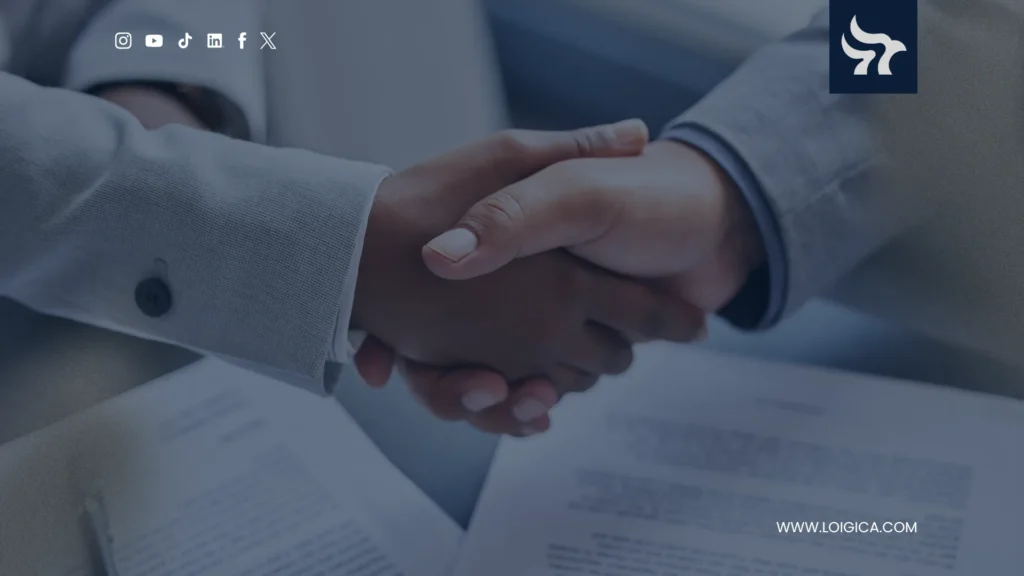
LLC Operating Agreement: Musts Before You Start Doing Business
